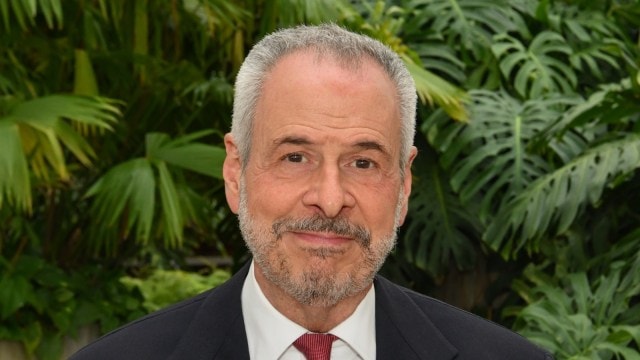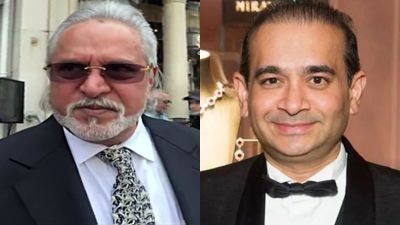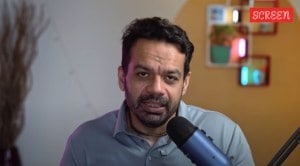COP30 host Brazil hopes for climate ‘turnaround’
A veteran climate negotiator and former Brazilian ambassador to India, Correa do Lago emphasised the urgency of proactive change.
 A veteran climate negotiator and former Brazilian ambassador to India, Correa do Lago emphasised the urgency of proactive change. (Source: Wilson Centre)
A veteran climate negotiator and former Brazilian ambassador to India, Correa do Lago emphasised the urgency of proactive change. (Source: Wilson Centre)Acknowledging the increasingly dire state of the global fight against climate change, Brazil, host of this year’s COP30 climate conference, has pledged to drive a turnaround and urged nations to shift from negotiations to a decade of action and implementation.
In his first letter to all parties of the UN Framework Convention on Climate Change (UNFCCC), COP30 President-designate Andre Aranha Correa do Lago invoked football terminology to stress that a comeback was always possible.
“As a nation of football, Brazil believes in ‘virada’ – turning the game around when defeat seems certain. Together, we can make COP30 the moment we change course,” he wrote.
A veteran climate negotiator and former Brazilian ambassador to India, Correa do Lago emphasised the urgency of proactive change.
“Change is inevitable – either by choice or by catastrophe. If global warming goes unchecked, it will impose change upon us, disrupting societies, economies, and families. But through collective action, we have the power to shape a different future,” he said.
Brazil’s outreach aims to build momentum for COP30, a key function of host nations that preside over negotiations. COP Presidents and officials routinely engage countries to foster consensus and set the agenda for the summit, often making diplomatic visits to secure commitments.
The conference, set for November 10-21 in Belem, on the edge of the Amazon rainforest, takes place amid concerns over the United States’ retreat from global climate agreements under Donald Trump’s administration. With emissions cuts falling short and financial support for climate action lagging, the fight against climate change appears increasingly precarious.
One of Brazil’s key COP30 objectives is securing a pathway to mobilize $1.3 trillion annually by 2035 for developing nations—far beyond the $300 billion agreed at COP29 in Baku. While the Baku outcome cannot be overturned, Brazil is exploring additional financing avenues to bridge the gap.
To this end, Brazil has launched the ‘Baku to Belem Roadmap to 1.3T’ initiative.
“The incoming COP30 presidency looks forward to working with COP29 to guide this roadmap and scale up climate finance for developing nations. Together, we will present a report summarizing our efforts by COP30,” Correa do Lago wrote.
Other Brazilian priorities include an interim stocktake of climate action progress. While the first Global Stocktake (GST) under the 2015 Paris Agreement took place at COP28 in Dubai last year, the next is not due until 2028. Brazil aims to stimulate a “frank collective reflection” on obstacles hindering ambition and implementation.
Additionally, Brazil will establish a “Circle of Presidencies,” bringing together COP hosts from Paris (COP21) to Baku (COP29), along with leaders of the Convention on Biological Diversity (CBD) and the Convention to Combat Desertification (CCD). This initiative seeks to channel collective expertise toward enhancing global climate ambition and integrating efforts across biodiversity, land restoration, and climate action.
Brazil’s vision for COP30 is clear: to transform the summit from a forum of stalled negotiations into a platform for decisive global action.
Photos






- 01
- 02
- 03
- 04
- 05
























